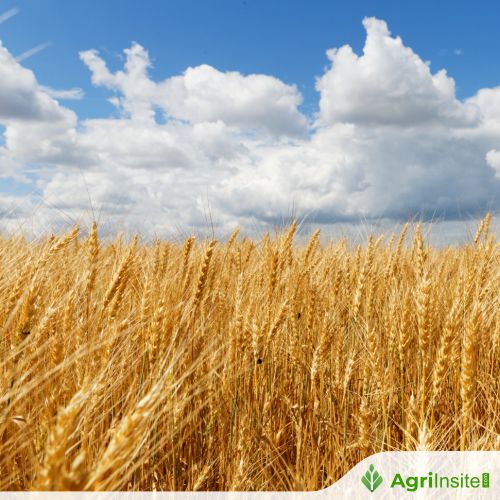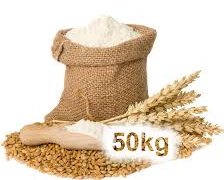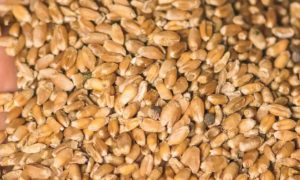Burkina Faso targets 6,000T of wheat in 2025/2026 to boost food security

Burkina Faso is intensifying wheat production, targeting 6,000 tonnes in 2025/26—more than double last season’s 2,597 tonnes. Wheat acreage has expanded sharply under a national recovery plan, supported by seed programs, farmer training, and irrigation equipment. Yet domestic output will still cover only a fraction of annual demand.
Burkina Faso is intensifying efforts to bolster its wheat production, aiming to produce 6,000 tonnes during the 2025/2026 agricultural season, according to a press release issued by the Ministry of Agriculture on August 19.
This ambitious target more than doubles the 2,597 tonnes harvested in the previous season, signalling the country’s commitment to reducing its dependency on wheat imports.
Since launching a national wheat cultivation recovery plan in 2023, Burkina Faso has emerged as one of the few West African nations prioritizing large-scale wheat production.
The sector, still in its developmental stages, has shown promising growth. In the 2024/2025 season, wheat cultivation expanded to 1,342 hectares, a tenfold increase from the 125 hectares dedicated the previous year. To support this expansion, the government implemented a wheat seed production program covering 5,000 hectares.
To achieve the 2025/2026 target, the Ministry of Agriculture plans to enhance support for farmers by providing certified seeds, fertilizers, plant protection products, and equipment for irrigation, harvesting, and post-harvest processing.
The ministry also emphasized strengthening the capabilities of producers and support networks through training in best wheat production practices. However, details on the budget allocated for these initiatives remain undisclosed.
Burkina Faso’s push for increased wheat production aims to curb its reliance on imports, which averaged 193,000 tonnes annually between 2019 and 2023, costing approximately 42.5 billion CFA francs (about US$75 million), according to the National Institute of Statistics and Demography (INSD).
As of national efforts to strengthen local food processing and reduce reliance on wheat and flour imports, in February, the country inaugurated a new flour mill with a daily production capacity of 220 tonnes of flour and 80 tonnes of bran in Gampéla.
The Moulin Double Star Mill (M2S), constructed by the Zidnaba Group at a cost of 15 billion CFA francs (US$23.6 million), aligns with the government’s vision to enhance food security and promote industrial self-sufficiency.
The new mill, commissioned on February 20 in the presence of President Ibrahim Traoré is expected to play a pivotal role in reducing this dependency. Despite the projected growth, the 6,000-tonne target will meet only a small portion of national demand, highlighting the significant challenges in transforming wheat production into a cornerstone of food sovereignty.
To Read more about Wheat News continue reading Agriinsite.com
Source : Ukr Agro Consult
















